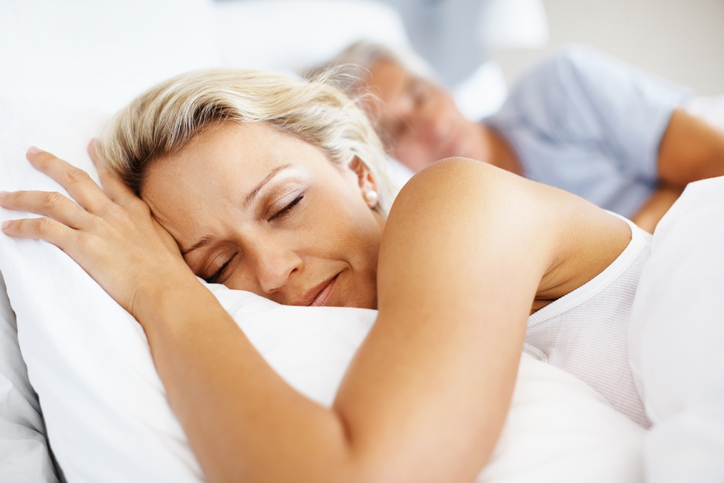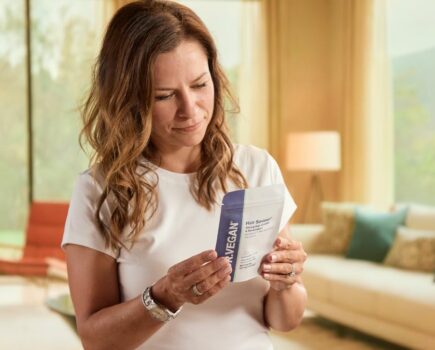As scientists discover two of the most effective drugs to treat insomnia yet, Platinum takes a look at the hacks that could help now.
Oxford University researchers announced they may have found the best method to helping with insomnia yet. Examining the effects of more than 30 different drugs in 150 studies on thousands of adults suffering from sleep problems, this mammoth review has pushed forward to finding the solution to insomnia.
The two drugs, Eszopiclone, sold under the brand Lunesta, and lemborexant, marketed as Dayvigo, were best for easing insomnia symptoms.
However, while these pills are use across Europe and the US, they are yet to be available here in the UK. While the researchers are confident that British regulators will consider approving the drugs in light of these findings, some sleep hacks below will help in the meantime.
Personal experience of insomnia led Lisa Sanfilippo to develop her own strategy.
- Repair your body
Practise a simple sleep sequence of yoga stretches, and learn to shift your habits to stop sabotaging your sleep.
- Replenish your energy with restorative breaks
Find where you’re drawing energy on ‘credit’ such as from caffeine, or where your nervous system is hyper-alert. Build in some easy breathing practices and mid-afternoon rest that help you to put energy back on the grid.
- Reclaim your mind
Practise mindfulness exercises during the day and get stressful thoughts and what you’ve still got to do out of your mind — talking issues through earlier on in the day can help, as can making a list long before bed.
- Restore calm
Deal with emotional upset from current events or long-term unresolved issues. Our deepest fears, anxieties, and grief can come out when we slow down and quiet down to sleep. Writing feelings down can help.
- Reawaken happy
Ask yourself some tough questions. Do you feel a sense of purpose and joy in your life? Do you crave new challenges or fulfilment? Insomnia may be the ‘wake-up call’ that you need more from life.
“Listen to your body, rather than trying to fit in to pre-conceived standards,” says Lisa. “Sleep works with your circadian rhythms and has a schedule, and when you discover yours, you’ll feel happier and healthier.”








